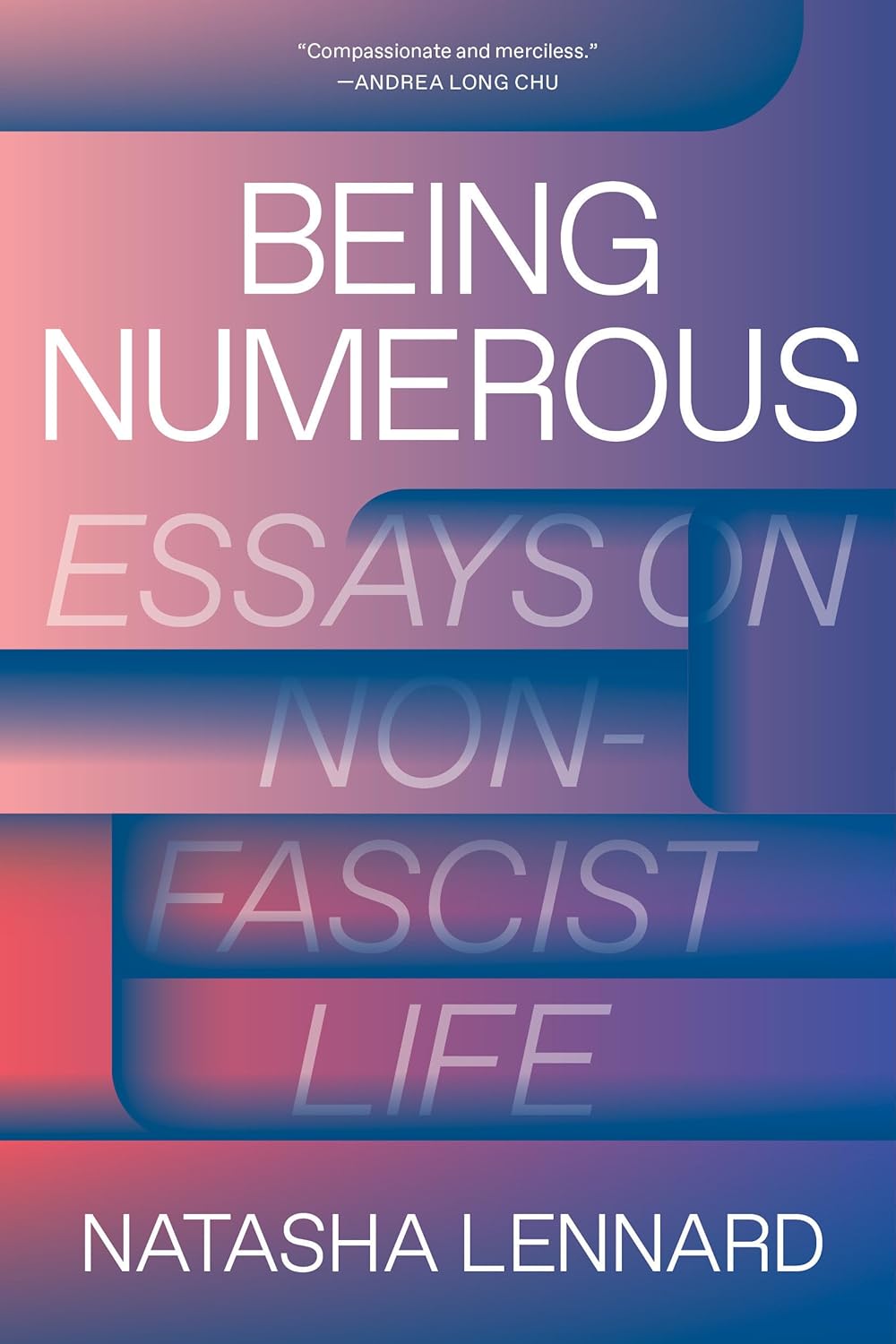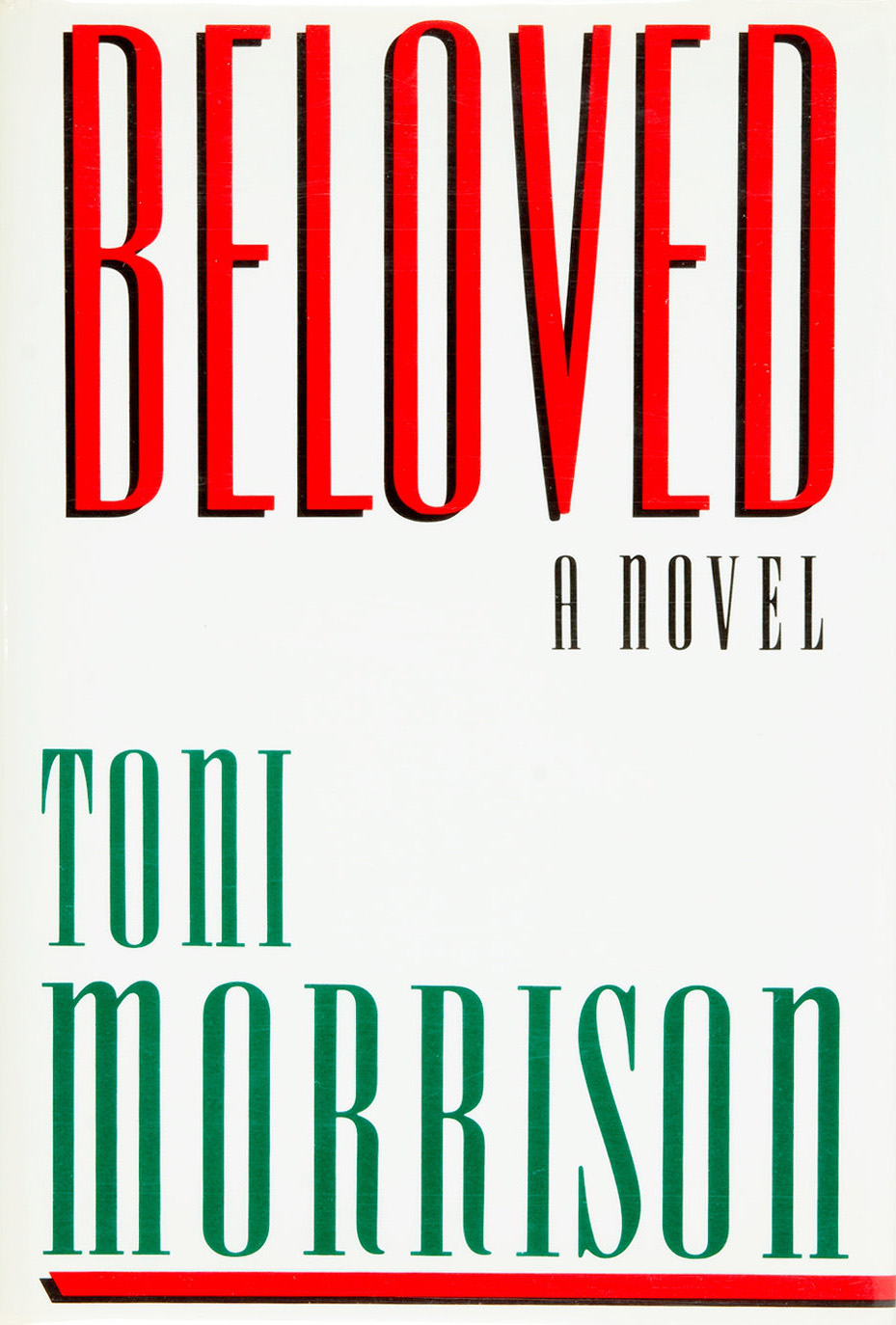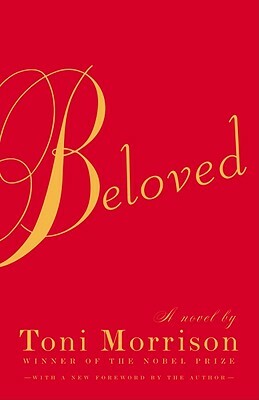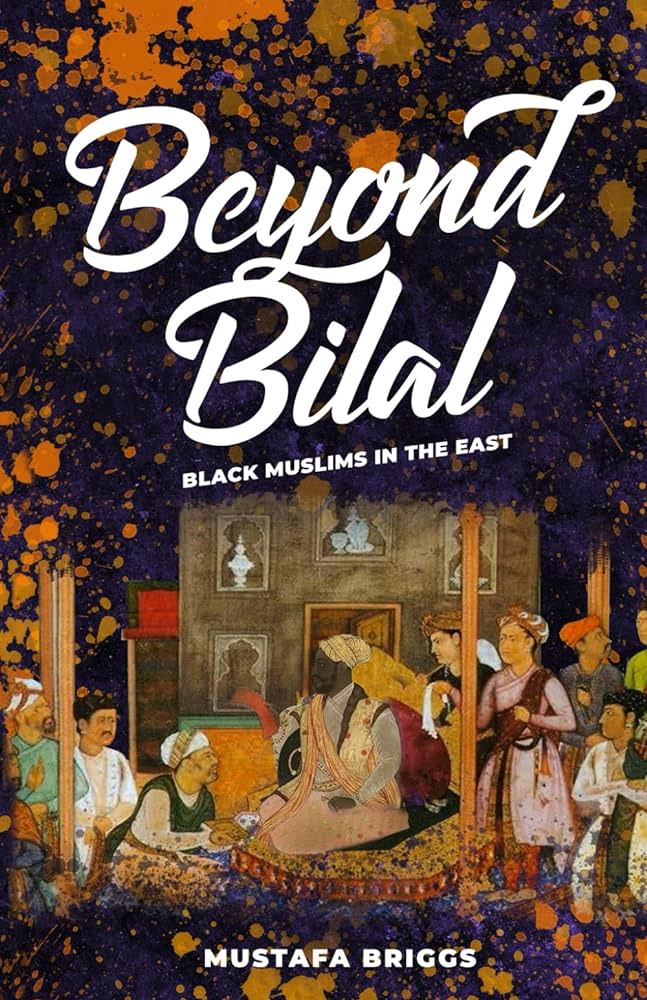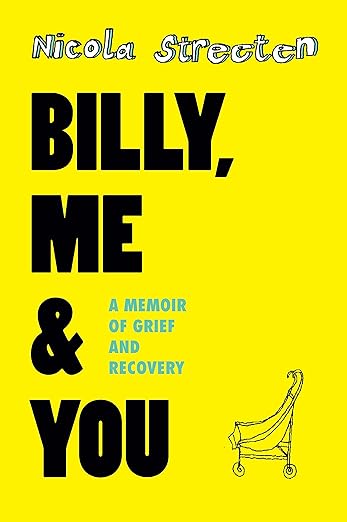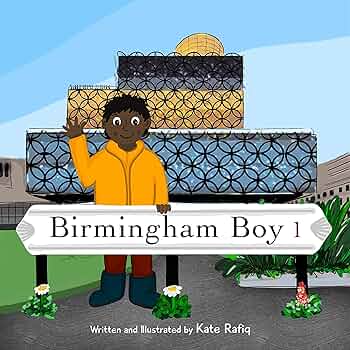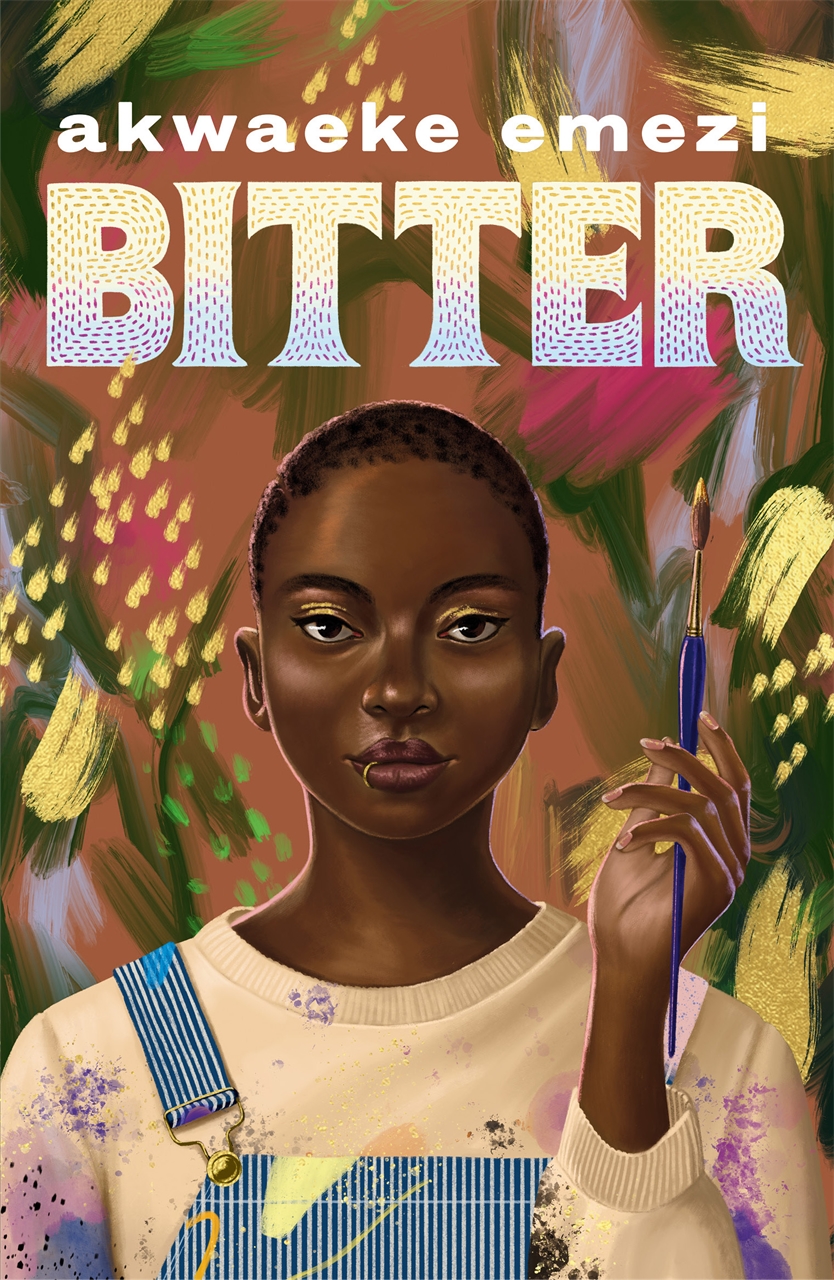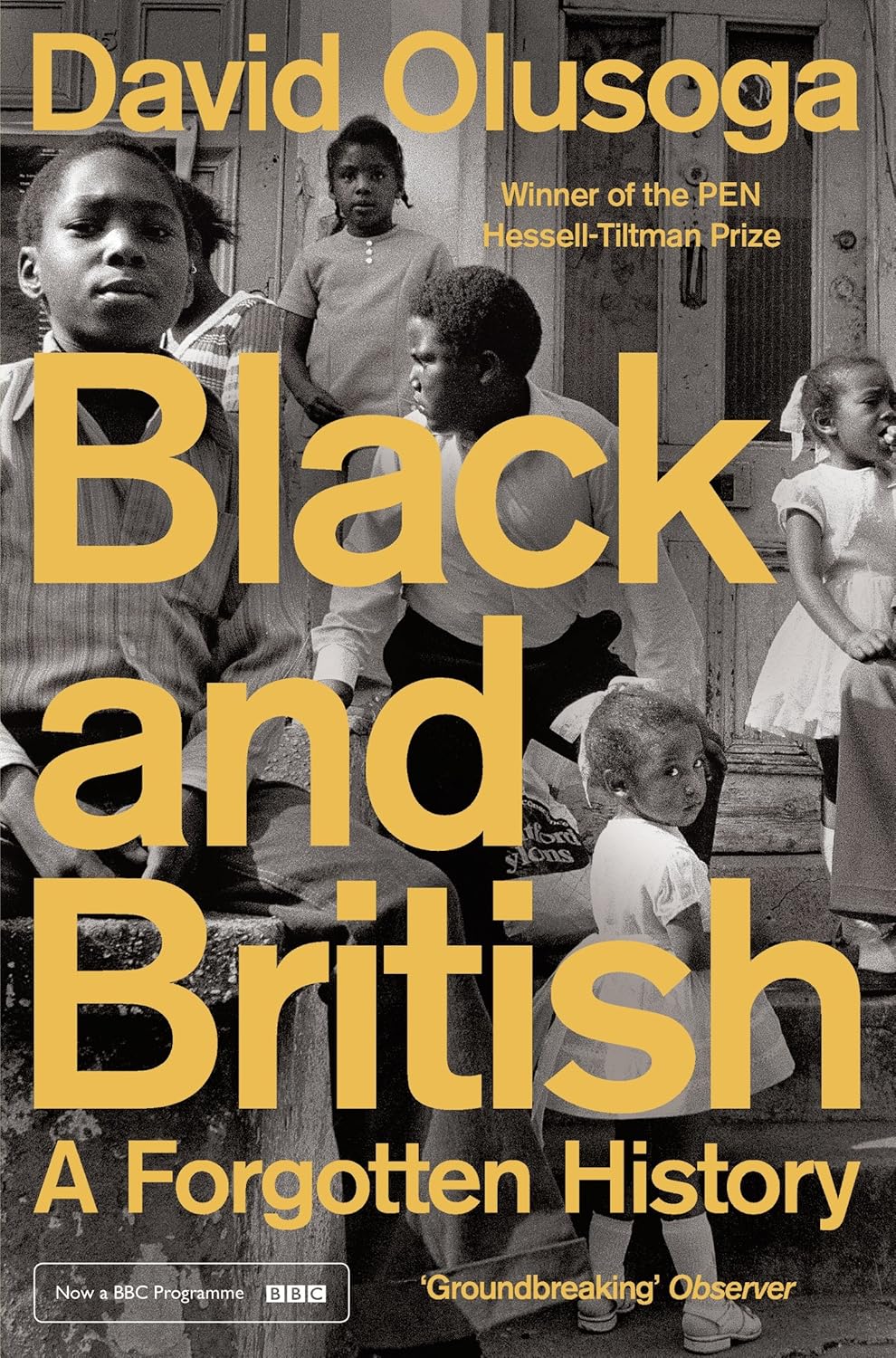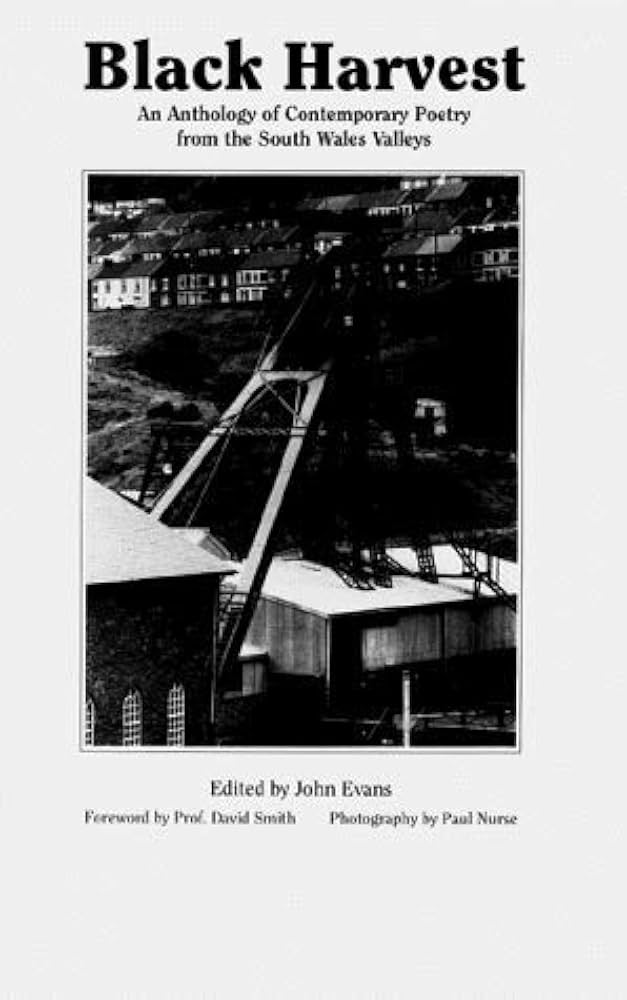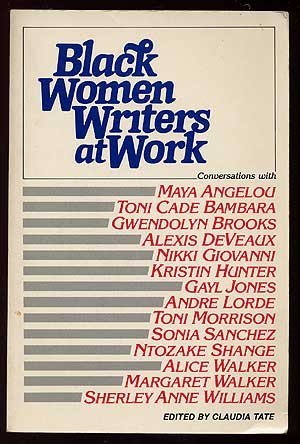An urgent challenge to the prevailing moral order from one of the freshest, most compelling voices in radical politics today
Being Numerous shatters the mainstream consensus on politics and personhood, offering in its place a bracing analysis of a perilous world and how we should live in it. Beginning with an interrogation of what it means to fight fascism, Natasha Lennard explores the limits of individual rights, the criminalization of political dissent, the myths of radical sex, and the ghosts in our lives. At once politically committed and philosophically capacious, Being Numerous is a revaluation of the idea that the personal is political, and situates as the central question of our time - How can we live a non-fascist life?
Sethe is now miles away from Sweet Home - the farm where she was kept as a slave for many years. Unable to forget the unspeakable horrors that took place there, Sethe is haunted by the violent spectre of her dead child, the daughter who died nameless and whose tombstone is etched with a single word, 'Beloved'. A tale of brutality, horror and, above all, love at any cost, Beloved is Toni Morrison's enduring masterpiece and best-known work.
Nicola Streeten's little boy, Billy, was two years old when he died following heart surgery for problems diagnosed only 10 days earlier. 13 years later, able to finally revisit a diary written at the time, Streeten began translating her notes into a graphic novel. The result, a gut-wrenchingly sad retrospective reflection from a 'healed' perspective, is an unforgettable portrayal of human responses to trauma.
After a childhood in foster care, Bitter is thrilled to have been chosen to attend Eucalyptus, a special school where she can focus on her painting surrounded by other creative teens. But outside this haven, the streets are filled with protests against the deep injustices that grip the town of Lucille. Bitter’s instinct is to stay safe within the walls of Eucalyptus – but her friends aren’t willing to settle for a world that the adults say is ‘just the way things are’. Pulled between old friendships, her creative passion, and a new a romance, Bitter isn’t sure where she belongs – in the art studio or in the streets. And if she does find a way to help the revolution while being true to who she is, she must also ask: at what cost?
'[A] comprehensive and important history of black Britain . . . Written with a wonderful clarity of style and with great force and passion.' Kwasi Kwarteng, Sunday Times
In this vital re-examination of a shared history, historian and broadcaster David Olusoga tells the rich and revealing story of the long relationship between the British Isles and the people of Africa and the Caribbean.
Drawing on new genealogical research, original records, and expert testimony, Black and Britishreaches back to Roman Britain, the medieval imagination, Elizabethan ‘blackamoors’ and the global slave-trading empire. It shows that the great industrial boom of the nineteenth century was built on American slavery, and that black Britons fought at Trafalgar and in the trenches of both World Wars. Black British history is woven into the cultural and economic histories of the nation. It is not a singular history, but one that belongs to us all.
Unflinching, confronting taboos and revealing hitherto unknown scandals, Olusoga describes how the lives of black and white Britons have been entwined for centuries.
Winner of the 2017 PEN Hessell-Tiltman Prize.
Winner of the Longman History Today Trustees' Award.
A Waterstones.com History Book of the Year.
'The first ever Anthology of Contemporary Poetry from the South Wales Valleys beautifully illustrated with black and white photographs .Includes work by all the leading Welsh writers including: Duncan Bush, Peter Finch, Mike Jenkins, Oliver Reynolds, Labi Siffre,Chris Torrance, Herbert Williams. Foreword: Prof. Dai Smith'
"Black Women Writers: Arguments and Interviews" is a 1985 book edited by Mari Evans that contains critical essays and interviews with Black women writers, providing insight into their work and experiences. Other resources for arguments and interviews with Black women writers include the work of scholars like Courtney Thorson, a 2023 YouTube conversation with author Barbara Smith, and the interview style of Claudia Tate in her book "Black Women Writers at Work".

